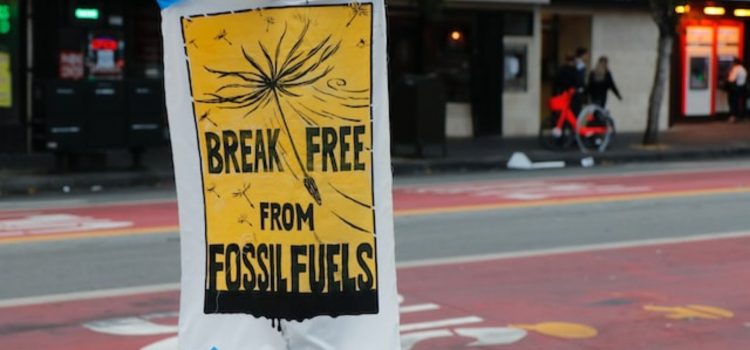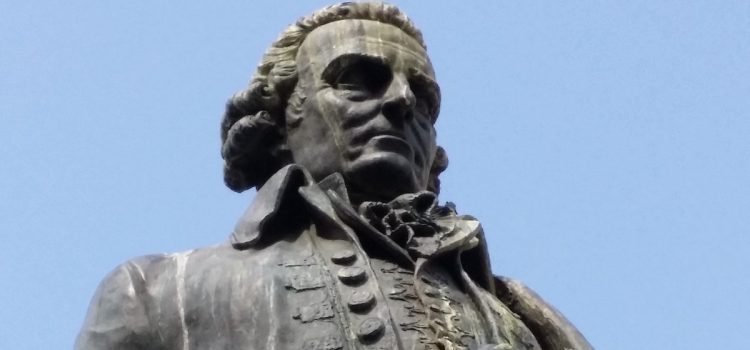How should we deal with climate change and its impact? What’s actually realistic? Because of the distortion of climate science, Steven E. Koonin argues that many governments have endorsed impractical responses to climate change. In his book Unsettled, he proposes alternative responses to mitigate and adapt to climate change and its effects. Continue reading to learn Koonin’s practical climate mitigation and adaptation proposals.
Getting Real: Doable Climate Mitigation and Adaptation Proposals










